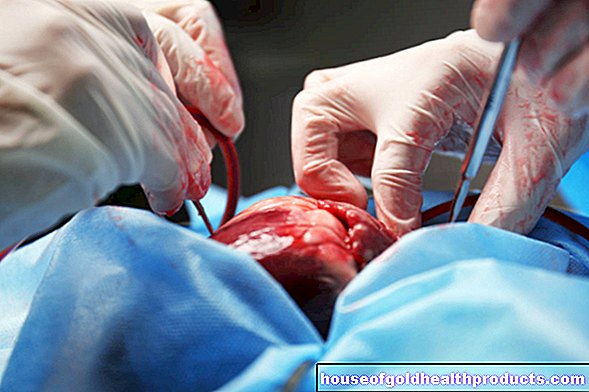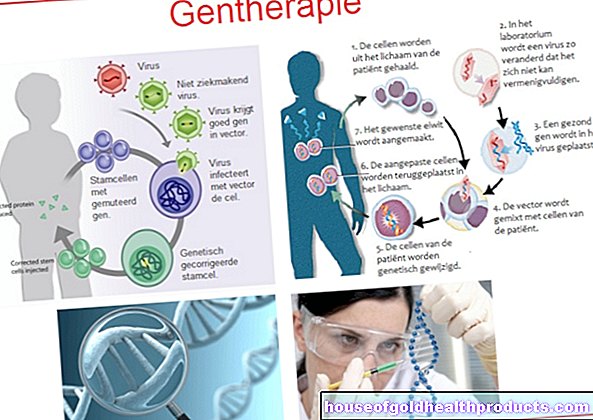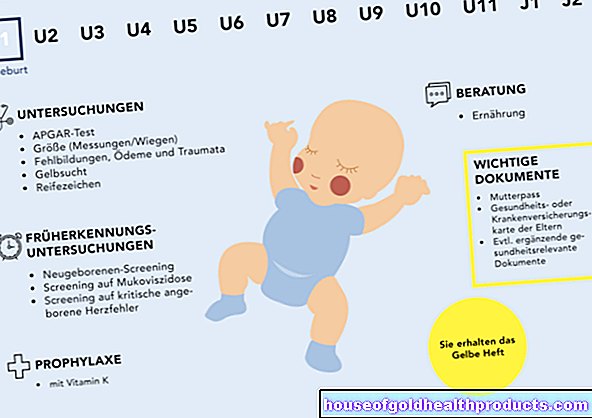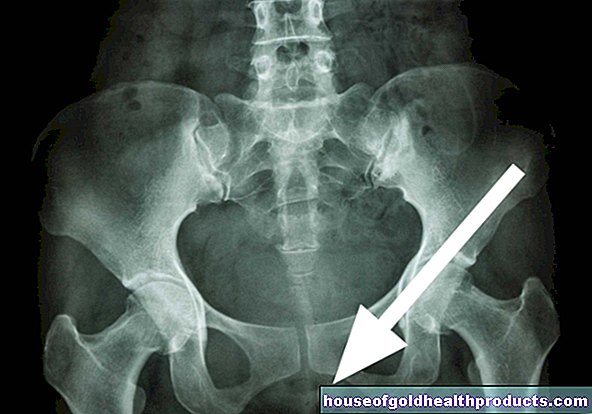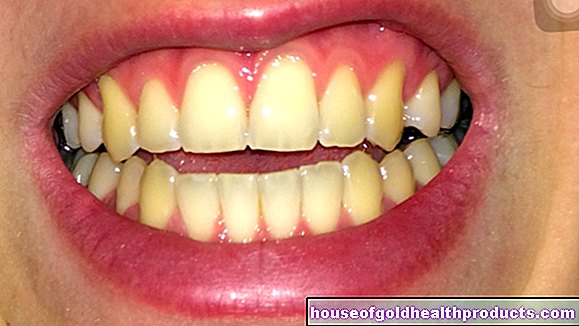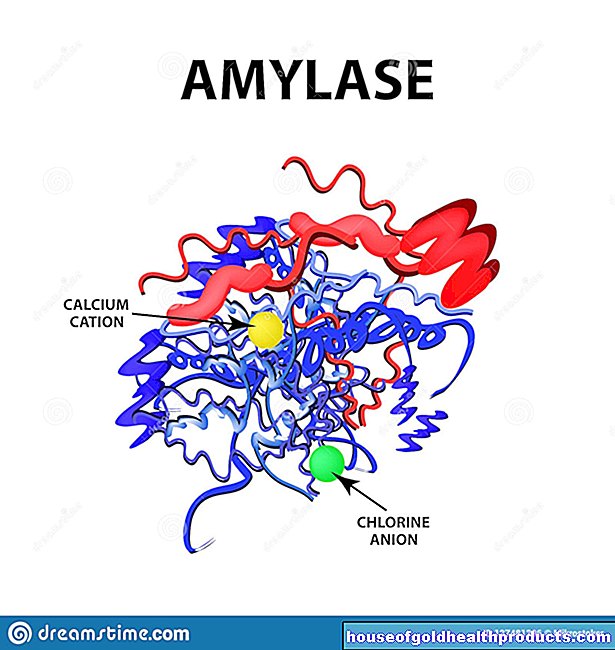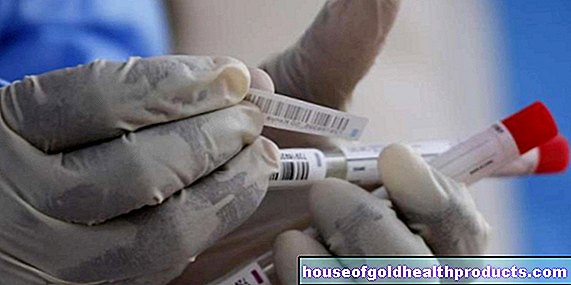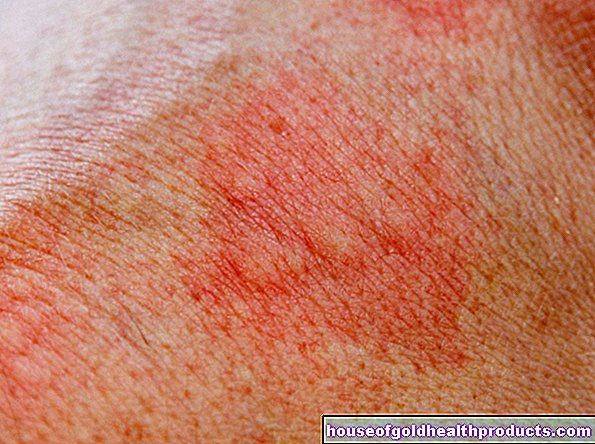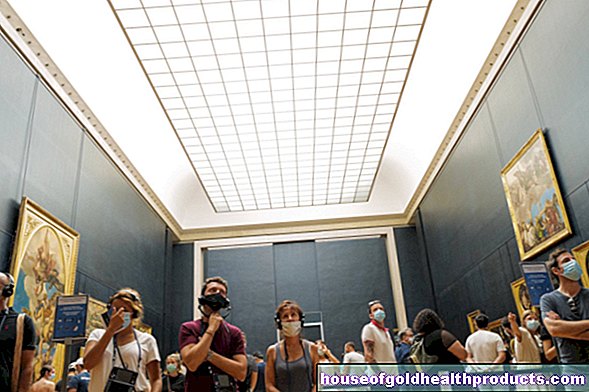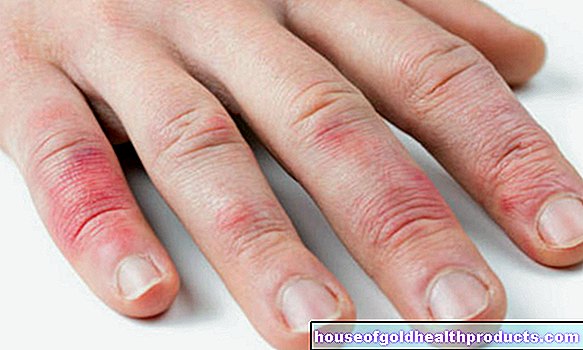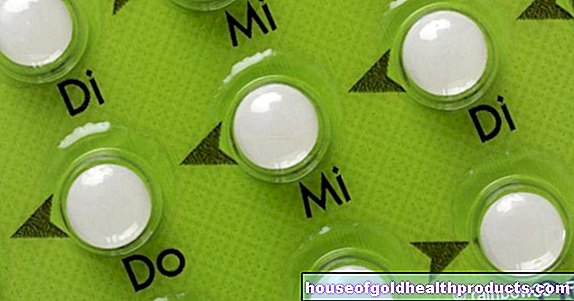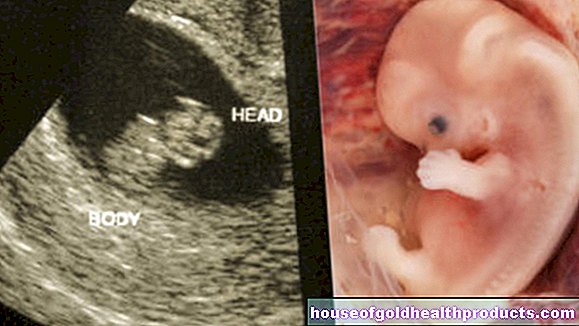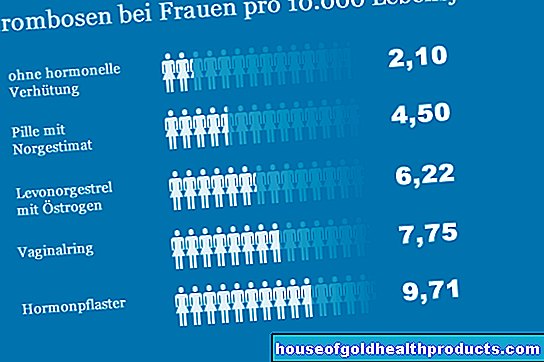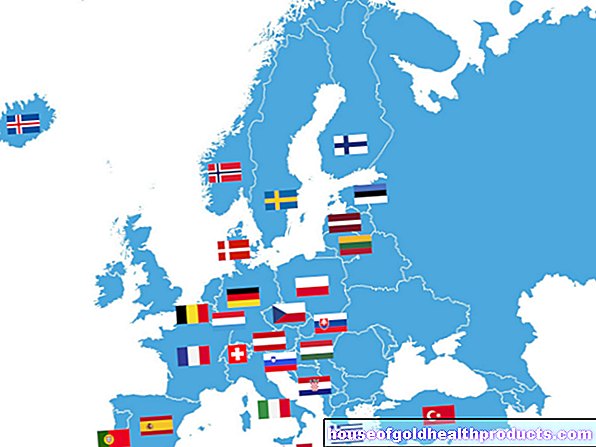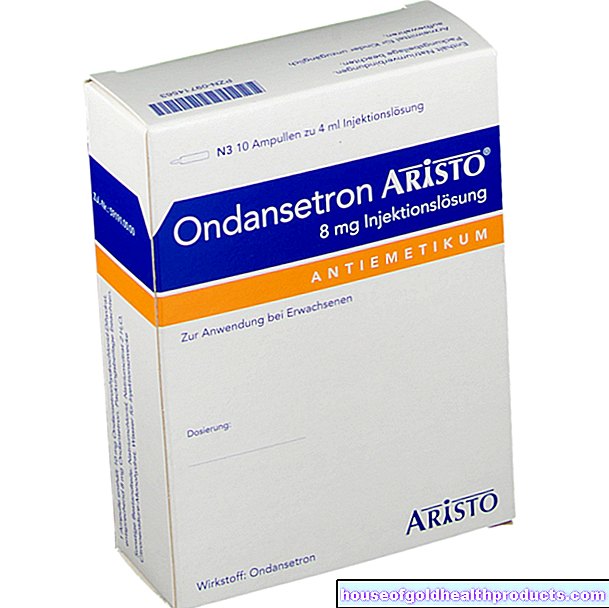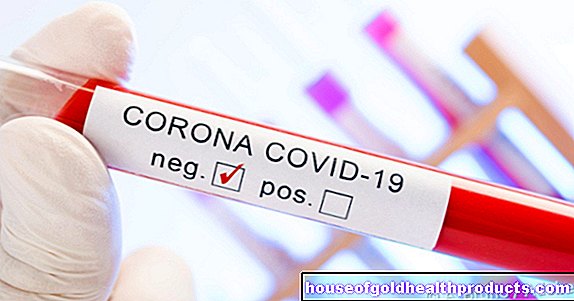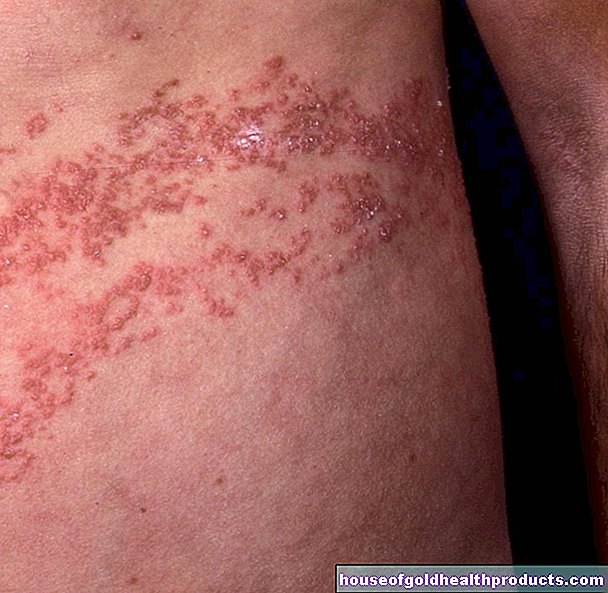Children: environmental pollutants weaken vaccination protection
All content is checked by medical journalists.Boston (dapd). Fluorine compounds from impregnants, Teflon pans or coated food packaging can make vaccinations ineffective for children. The pollutants already absorbed in the womb or from the environment dampen the immune system reaction necessary for vaccination protection. This is what an international team of researchers found in a long-term study on Norwegian children.
After vaccination against tetanus and diphtheria, the researchers found significantly fewer antibodies than normal in the blood of children with elevated levels of so-called perfluorinated surfactants (PFT). A twofold increase in the PFT values led to a halving of antibody production, the researchers report in the journal "Journal of the American Medical Association" (JAMA).
"A child exposed to PFTs could therefore be inadequately protected against tetanus and diphtheria even if they have all vaccinations," warn Philippe Grandjean of the Harvard School of Public Health in Boston and his colleagues. You will be surprised at the strength of the negative correlations.
As the scientists report, the average PFT values in the children examined were not extreme, but were even below those measured in three to five-year-old children in the USA. The clear effect of even these pollutant concentrations suggests that PFTs in the environment could even be more toxic to the immune system than the current dioxin exposure.
Long-lived pollutants accumulate in the food chain
Perfluorinated surfactants are hydrocarbons in which all hydrogen atoms have been replaced by fluorine atoms. Such compounds are not biodegradable and are therefore considered to be long-lived organic pollutants. They can get into food and thus into the body via water, fish, but also directly from packaging or damaged Teflon pans. Children can also absorb the pollutants in the womb.
It has only now been proven for the first time that these environmental pollutants can jeopardize the protective effect of vaccinations. "Routine vaccinations for children are an important part of modern disease prevention," says Grandjean. The negative effect of PFTs on these vaccinations must therefore be viewed as a threat to public health.
Children examined over seven years
For their study, the researchers examined 587 children born on the Norwegian Faroe Islands. They determined both at birth and at the age of five how high the levels of different PFTS were in the children's blood serum. When the children were five and seven years old, they were vaccinated against tetanus and diphtheria. After the vaccination, the scientists determined how many antibodies against these two diseases had been formed in the children's blood.
Some five-year-olds had doubled their levels of the two most common PFTs, perfluorooctane sulfonate and perfluorooctanoic acid. These children were two to four times more likely that their antibody levels would fall below the effective threshold of 0.1 units per milliliter of blood by the age of seven, the researchers report.
Tags: stress hospital alcohol drugs

